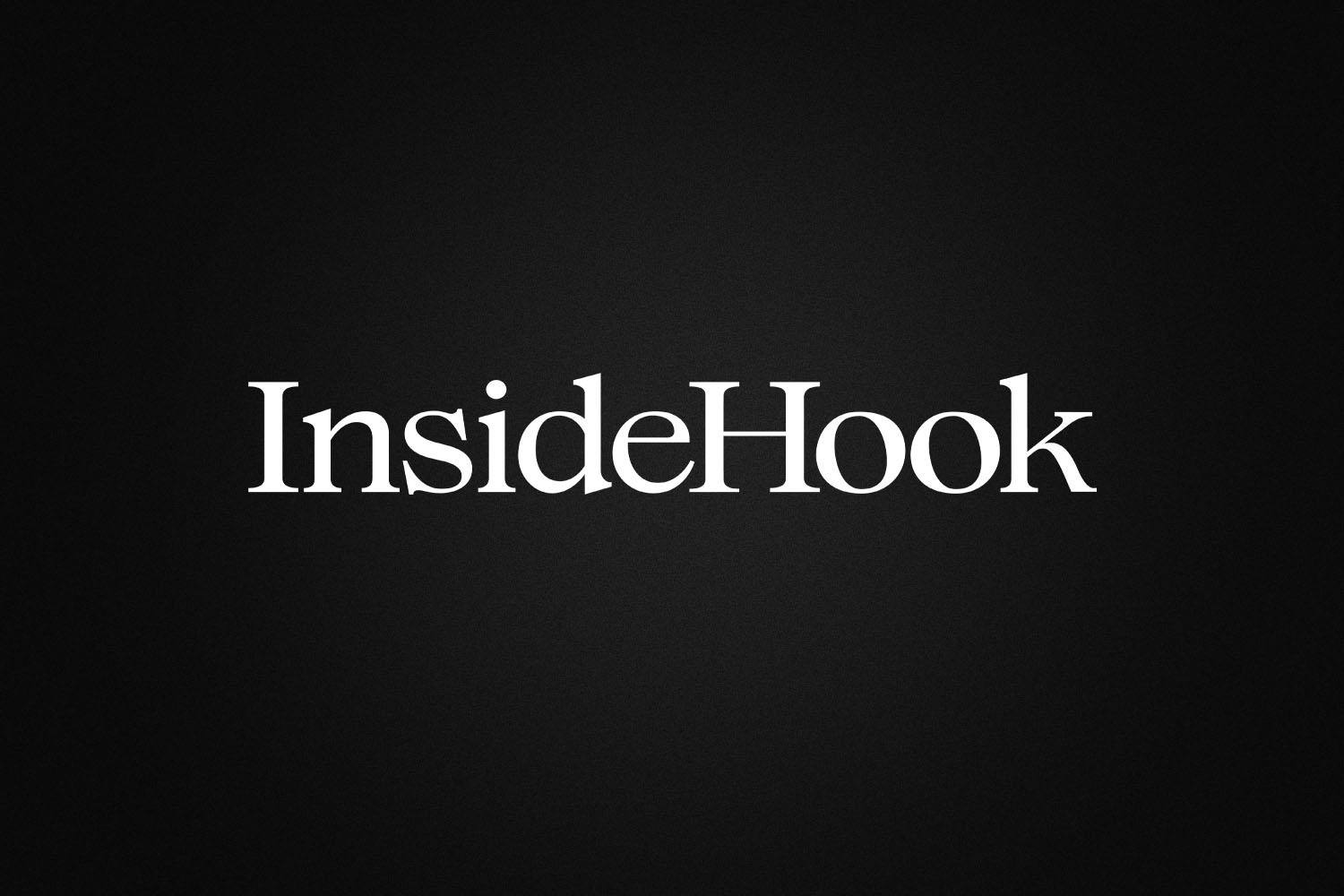There’s no bigger professional pressure cooker than holding the office of President of the United States. Being ripped from sleep at any given moment, being confronted with life-or-death decisions on a daily basis, being in the same building as your family all of the time — that’s all part of the job description. Not to mention the fact that the whole world is watching. To balance it all, and do it well, all fear and hesitation has to take a backseat.
Or at least, most of it. President Trump is a self-confessed germophobe, but he’s hardly alone in his fears. Even the most prolific commanders-in-chief have harbored odd, humorous or secretive phobias. Take a look at our round-up below.
George Washington
America’s first president really, really didn’t want to risk the possibility of being buried alive — called taphophobia — and in the age before stethoscopes, he had reason to worry. He was so afraid of early entombment, in fact, that he had very specific instructions for his secretary upon his death.
“I am just going. Have me decently buried; and do not let my body be put into the Vault in less than three days after I am dead.”
They did just that.
General George Washington at Trenton on the night of January 2, 1777 (Zeete/Wikimedia Commons)Abraham Lincoln
If the story is true — and History.com notes there is some inconsistencies in it — Abraham Lincoln was eerily accurate in foreseeing his own premature demise. According to Ward Hill Lamon, the president’s former law partner, friend and body guard, Lincoln had dreams that showed a future in which he was assassinated. In one specific dream, Lincoln reportedly wandered throughout the halls of his own home until he came upon a shrouded corpse in the East Room of the White House. In the dream, asked a nearby soldier who the body belonged to.
“The President,” the soldier replied. “He was killed by an assassin.”
Whether or not this specific dream occurred, Lincoln was, in general, very interested in dreams and the possibility of the possibility of premonition hidden within them, History notes. Whether or not he had thanatophobia, the fear of death, is unclear — but we doubt there’s ever been a president in office who hasn’t had at least a little anxiety about dying on the job.
Franklin D. Roosevelt
He’s famous for saying that the only thing to fear is fear itself, but Franklin D. Roosevelt wanted nothing to do with the number 13. Known as triskaidekaphobia, Roosevelt’s fear of the number was so intense that he would never travel on the 13th day of any month, and refused to host 13 guests for dinner.
Lucky for FDR, he died on Thursday, April 12, instead of the following day — Friday, the 13th.
And, incidentally, he’s not the only president with that particular phobia. Herbert Hoover hated the number 13, too.
Richard Nixon
Richard Nixon’s nosocomephobia, the fear of hospitals, is well-known — he simply didn’t like entering them, out of fear that he wouldn’t emerge alive. Interestingly, it is Nixon who is responsible for the Health Maintenance Organization Act of 1973, which made it legal for health care organizations and hospitals to become for-profit entities, rather than the service organizations they were initially designed to be.
Ronald Reagan
It’s a good thing Ronald Reagan got over his aviophobia, or fear of flying. If he hadn’t, America as we know it today would look vastly different.
“Mr. Reagan’s aversion to flying was so intense that he turned down the $2,500 I offered him,” a New York Times reader wrote in a letter to the editor in September 1991. The reader had invited Reagan to be toastmaster at a dinner when Reagan was the spokesman for General Electric. “Apparently, pals later told him about Air Force One, and like a good Republican, Mr. Reagan adjusted.”
(Courtesy of the Ronald Reagan Presidental Library/Getty Images)George W. Bush
George W. is a tried and true Texan — but he’s really not a fan of horses, according to Vicente Fox, the former president of Mexico.
Calling Bush “my friend the windshield cowboy” — meaning Bush prefers to drive — Fox wrote in his 2007 autobiography that Bush “backed away” from “a big palomino” Fox offered him to ride during a visit to Mexico.
Does W. have equinophobia? Maybe not that extreme, but Fox wrote: “A horse lover can always tell when others don’t share our passion.”
Barack Obama
Barack Obama thinks the world could do with a few less snowmen.
“There’s a whole kind of Chucky element to them. They’re a little creepy,” Obama told People in 2015. Former First Lady Michelle teased her husband in the same interview about his hominochionophobia, saying she’d like to put a few snowmen their room — to which Obama joked: “I would move. If I see one of those snowmen in my bedroom, I’m moving.”
This article was featured in the InsideHook newsletter. Sign up now.
